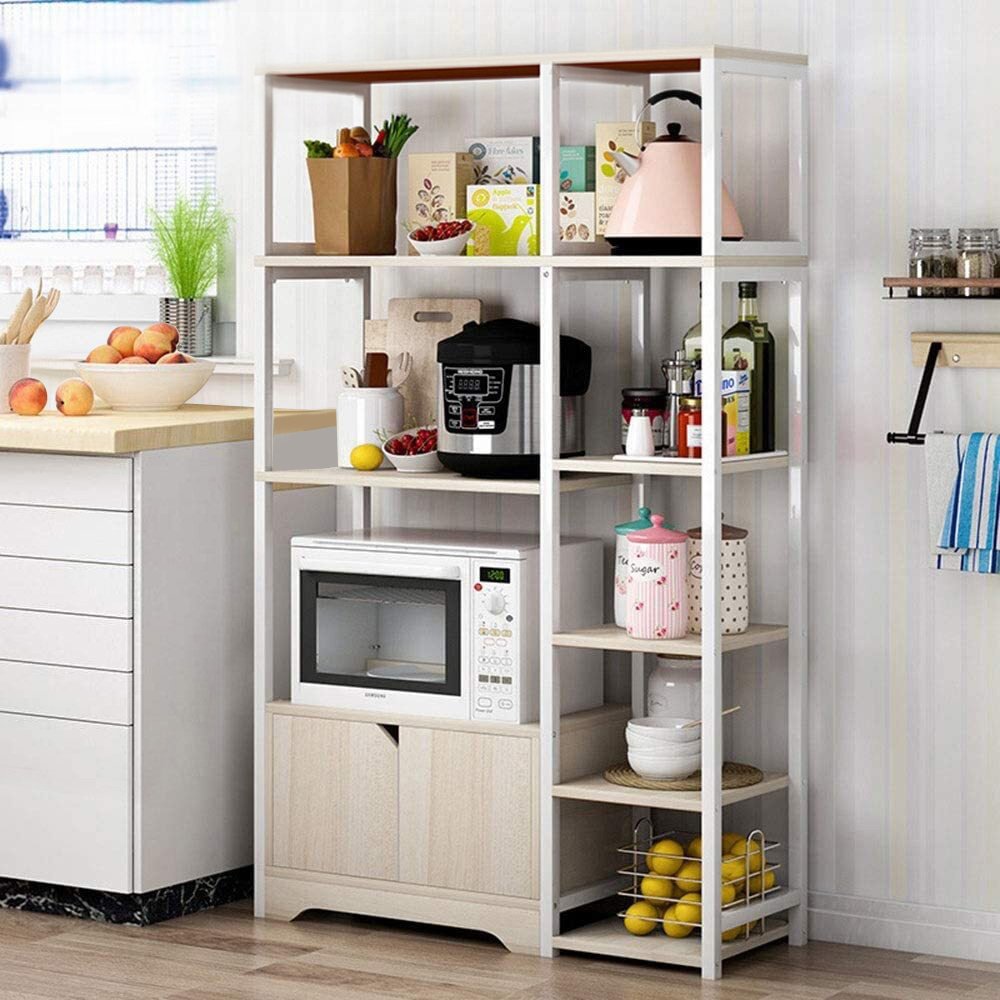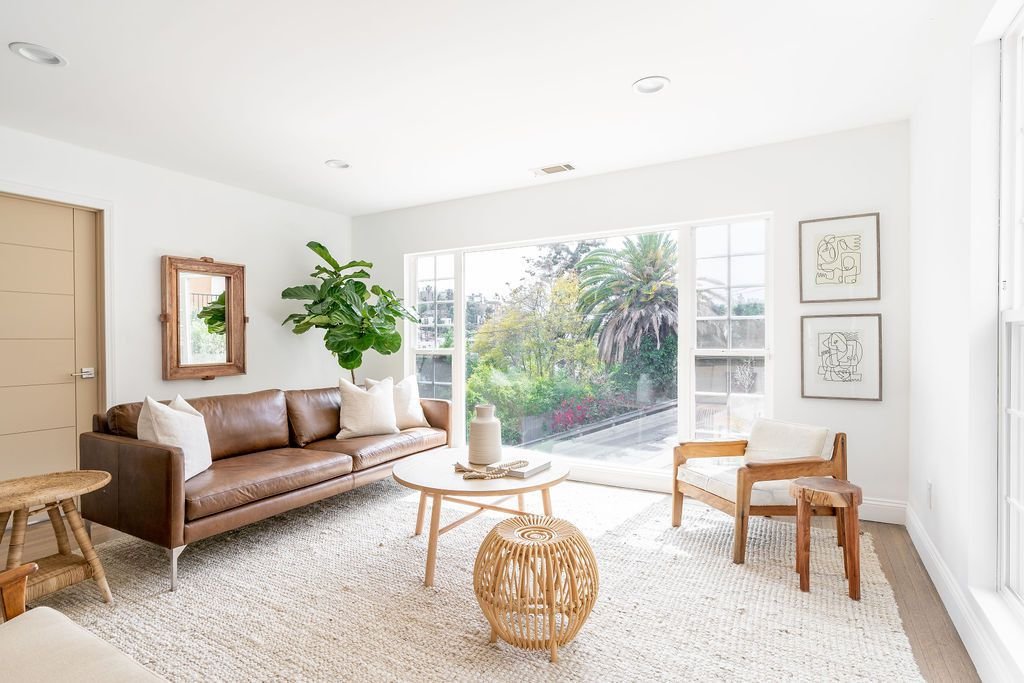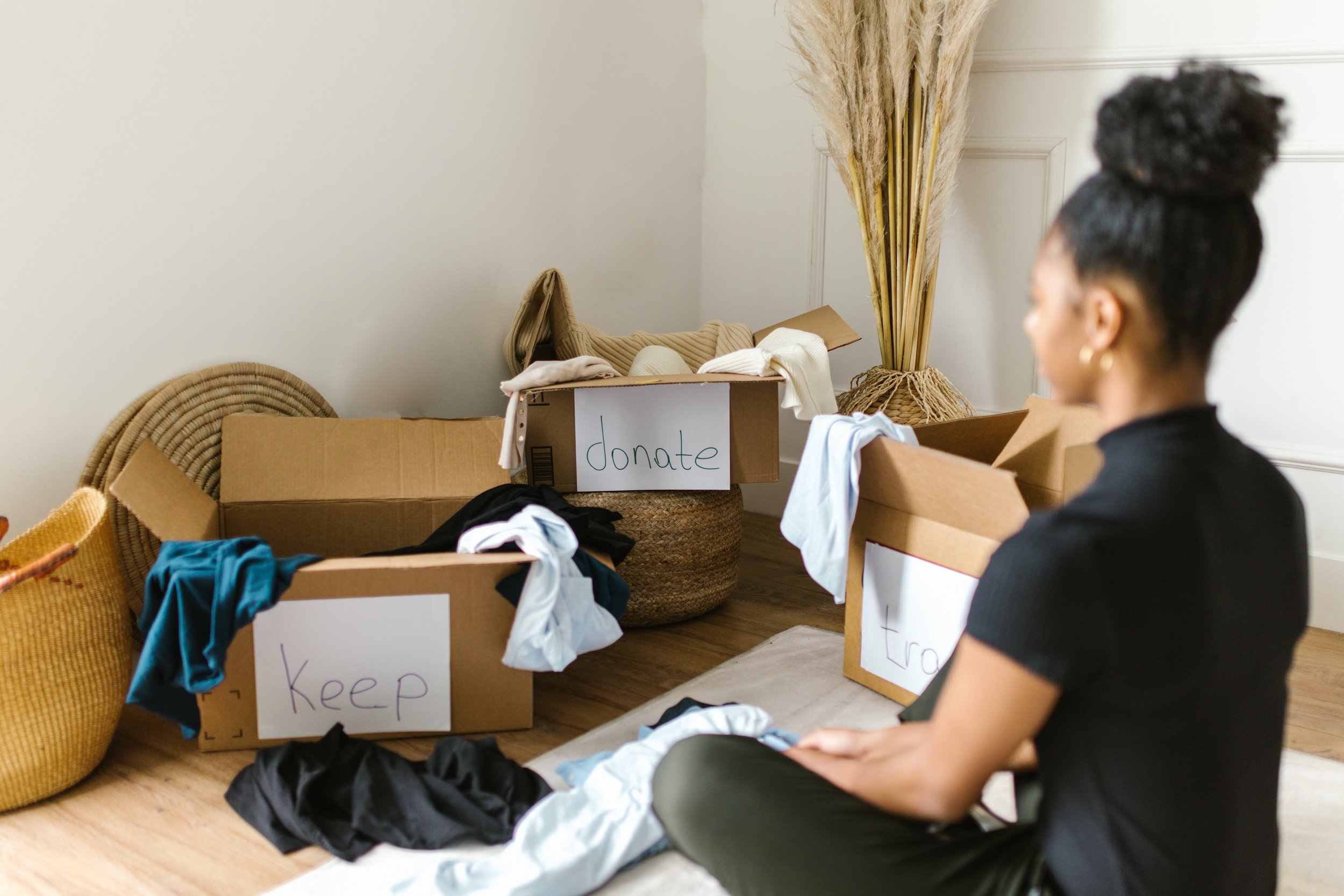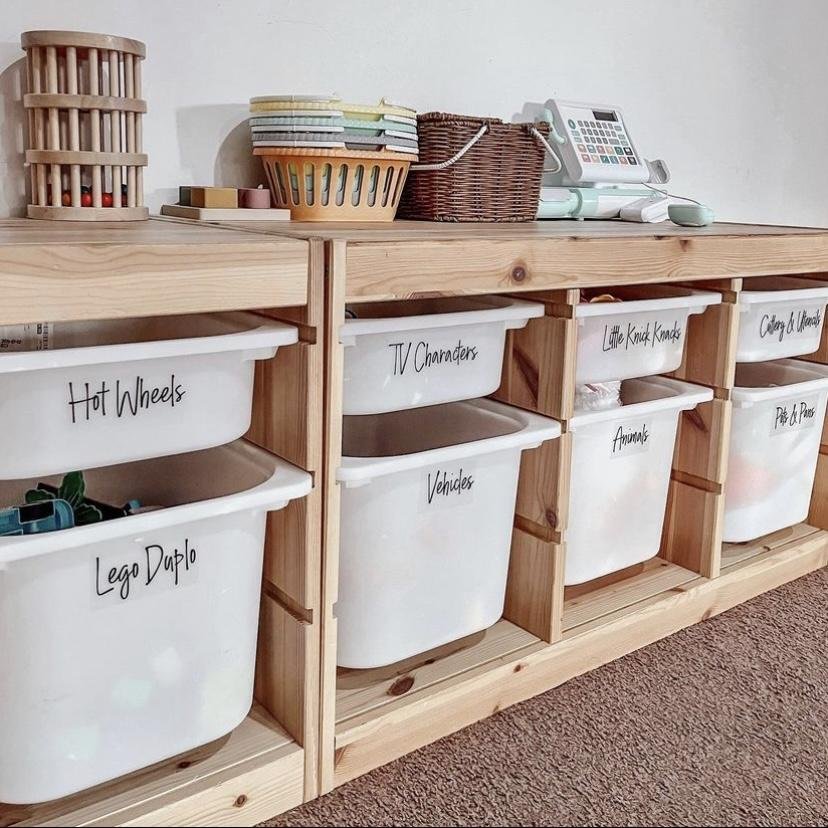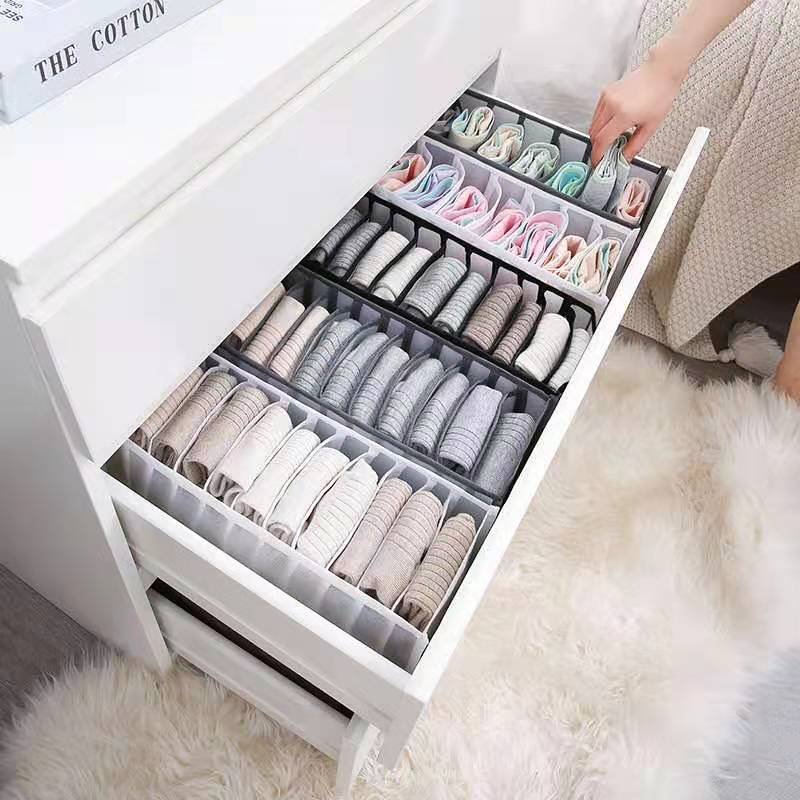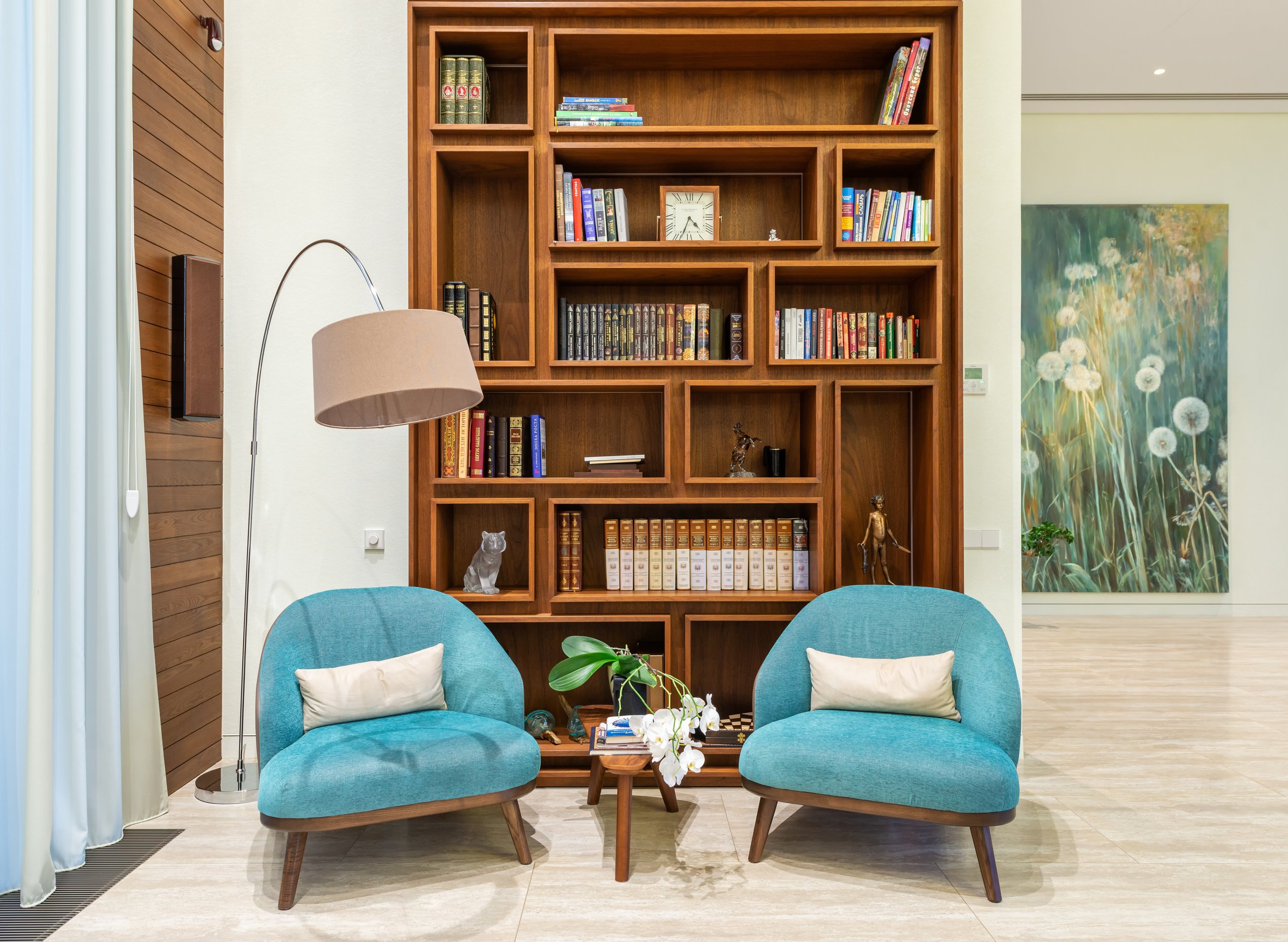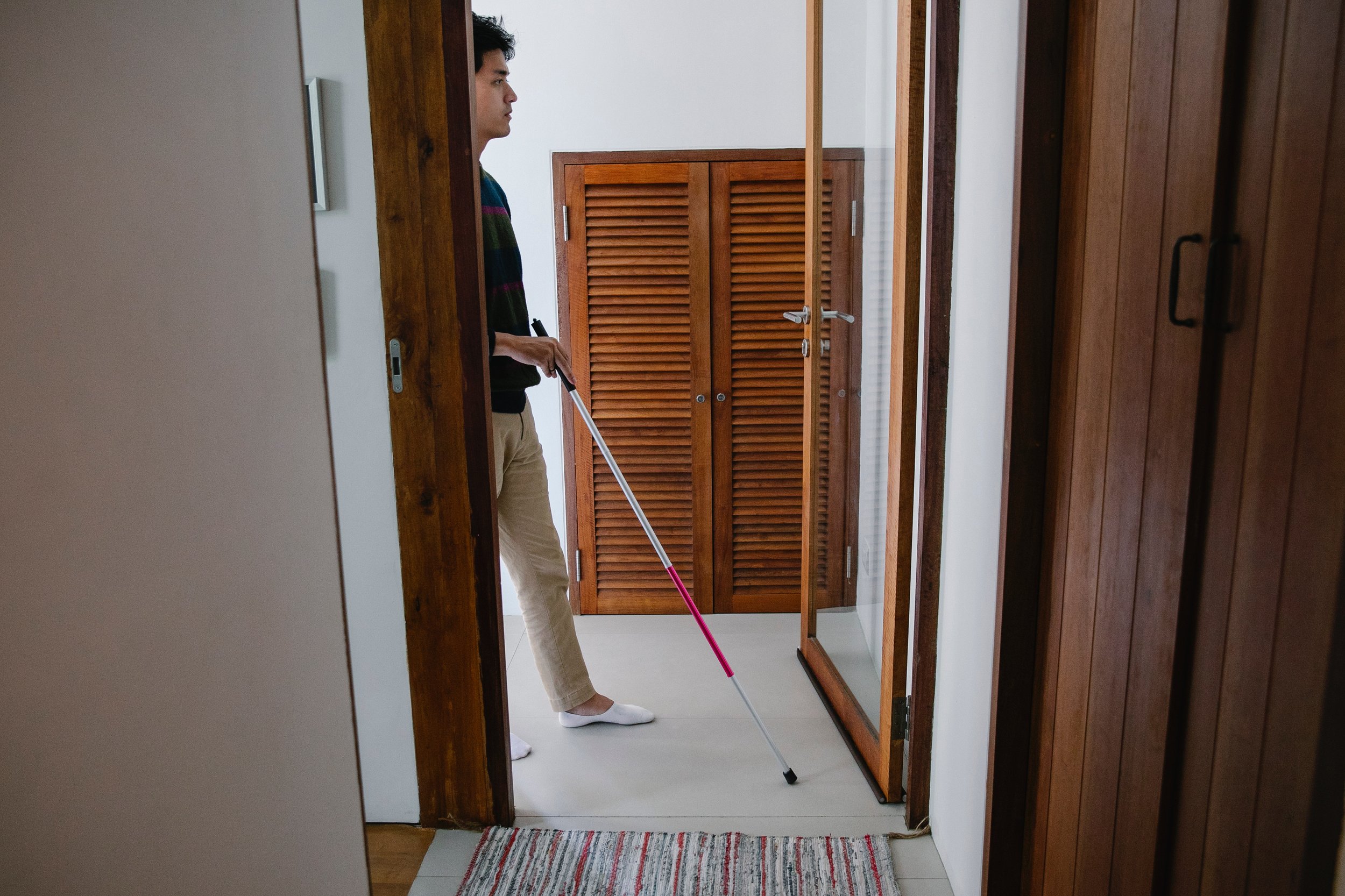Home Organisation Tips to Simplify Your Life
A well-organised and clutter-free home is not only visually appealing but also essential for promoting ease and comfort, especially for our beloved elderly clients and those with disabilities. As a complement to our cleaning services, we understand the importance of effective organisation in creating an accessible living space. In this blog post, we'll explore practical techniques to help you maintain an organised and clutter-free home, tailored to the unique needs of elderly individuals and those with physical disabilities.
1. Prioritise Accessibility:
When organising your home, prioritise accessibility above all else. Ensure that frequently used items and essential belongings are within reach, eliminating the need for bending or stretching. Organise your living spaces with your mobility in mind to create a safe and comfortable environment.
2. Optimise Storage for Convenience:
Invest in storage solutions that optimise convenience and accessibility. Consider installing shelves and cabinets at a suitable height, making it easy to access items without straining. Utilise clear storage containers to identify contents effortlessly.
3. Simplify and Minimise:
Simplification is the key to effective organisation. Minimise clutter by keeping only the items that you truly need and cherish. Embrace the idea of "less is more" to create a serene and functional living space.
4. Declutter with Care and Support:
Clearing clutter can feel overwhelming, but you don't have to do it alone. Enlist the help of a caregiver, family member, or friend to assist you. Take your time, sorting items into keep, donate, or discard categories. Only keep items that hold significant value or contribute to your wellbeing.
5. Use Colour and Labels:
Enhance organisation through the use of colour and contrast. Use large, brightly coloured labels or stickers (that are easy to read) to differentiate between items and their designated storage spaces. Place them at eye level, so you can effortlessly find what you need without any strain. This visual aid can assist in locating items more easily.
6. Adaptive Organising Tools:
Consider using adaptive organising tools designed for individuals with physical disabilities. There are various assistive devices available, such as easy-grip handles, reacher grabbers, and drawer organisers, to make organising tasks more manageable.
7. Safety First:
Prioritise safety throughout your organising efforts. Avoid placing items in hazardous areas or blocking walkways. Secure rugs and carpets to prevent tripping hazards.
Tip: Ikea sells rug underlays with anti-slip which are great for putting under rugs to avoid slips, trips and falls in the home. You can check them out here.
8. Embrace a Simplified Approach:
For elderly individuals and those with physical disabilities, organising can be challenging. Embrace a simplified approach by focusing on the most essential areas of your home first. Prioritise high-traffic spaces to ensure easy access and comfort.
9. Customise Organising Solutions:
Remember, organising is not one-size-fits-all. Customise your organising solutions to suit your unique preferences and abilities. Adapt techniques that cater to your physical capabilities, promoting independence and comfort.
10. Adopt Gentle Daily Routines:
Establish gentle daily routines that prioritise your wellbeing. Dedicate small portions of each day to light tidying, returning items to their designated places, and maintaining order. These daily habits will prevent overwhelming messes and make organising more manageable.
Conclusion:
A well-organised and clutter-free home is attainable and can greatly enhance your daily life. At Sistability, we genuinely care about your wellbeing, and our professional cleaning services are complemented by these organising techniques tailored to our elderly clients and those with physical or mental disabilities.
Remember, small steps towards organisation can lead to significant improvements in your living space. Embrace organising as a journey of ease and comfort, and you'll enjoy the serenity of a well-kept home.
If you need any support or have specific organising needs, please don't hesitate to reach out. We're here to ensure your home is a safe and accessible haven, providing you with the comfort and joy you deserve.


